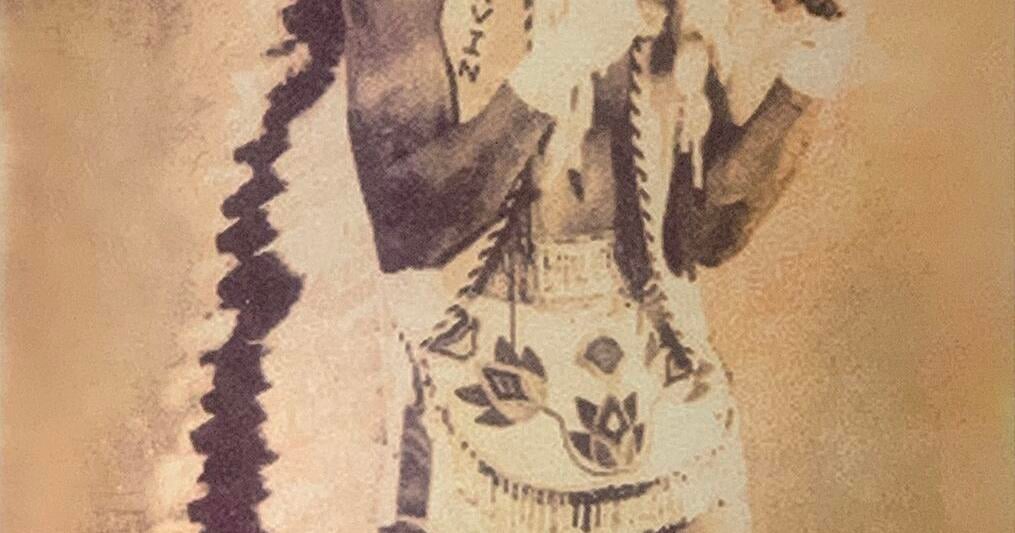
Marvin Camel will be inducted into the Nevada Boxing Hall of Fame next month.
Originally from the Flathead Indian Reservation, Marvin Cammell competed in his first fight at age 12 in Polson, Montana. His father, Henry Cammell, was a boxer who pushed him in the ring, and although he lost his first bout, it motivated him to improve and marked the beginning of his boxing career.
“That loss just motivated me to be better for the next game,” Camel said. “I always have things to do, things to get better at. That's the story of my life.”
Camel's career was filled with victories and losses that shaped his path to becoming a world champion. He made history as the first Native American champion at every weight class and the first world cruiserweight champion by two commissions. He won the WBC title in 1980 and the IBF title in 1983. Camel will be inducted into the Nevada Boxing Hall of Fame this August.
He has traveled all over the world and has countless memories.
“I put the world on the map,” Camel said. “I've been there and I've done it.”
Camel, who is half African-American and half Native American, was the first fighter to be crowned cruiserweight world champion, and won the title twice.
“My first world championship would be to win the WBC title, but my first WBC world title fight was in Yugoslavia and it ended in a draw,” Camel said. “And my dream hasn't come true yet.”
Six months later, his dream came true as Camel faced Mate Parlov in a rematch in Las Vegas, Nevada.

Photo credit
“I've never lost in Nevada. I'm undefeated in 25-26 games,” Camel said.
Camel defeated Parlov in 1980 to win the vacant WBC World Cruiserweight title, then defeated Roddy McDonald to become the first IBF World Cruiserweight Champion, making him a two-time world champion.
The WBC (World Boxing Council) and the IBF (International Boxing Federation) are the two main boxing organizations that award world championships. Founded at different times, each organization has its own rankings and champions.
Camel has a room in his home that is filled with medals, trophies and other boxing memorabilia, including a headdress and drums given to him by the Salish-Kootenai Confederated Tribes.
“This is what I've accomplished in my life,” Camel said. “Nothing will ever compare to this, because I'm not third or fourth or 100th.”
He encourages others to keep working hard in boxing and in life.
“You're going to lose and you're going to win, but you should never quit,” Camel says. “Sure, it's OK to take a break every now and then, but you can't just say, 'I'm quitting,' and walk out the door.”
Camel attributes his success to his never-give-up attitude.
“Once I started running, I just kept running. I lived in Ronan, Montana, and there were nothing but hills,” Camel said.
His real motivation was the memory of that first fight in Polson. For 25 years, he's trained harder and harder and believes his efforts have paid off.
Now in his 70s, Camel remains active, running daily and running his own business, and he looks forward to returning to the Flathead Reservation.
“It's good to go back and say hello to the guys who made Marvin Camel,” he said.
“I'm not dead yet, and I keep saying that because I know there's something bigger coming up, like being inducted into the Nevada Boxing Hall of Fame,” Camel said.
“Given what I've done and what I've done, I can only hope for other people,” Camel said. “You have to have that instinct to go out there and aim for the best.”

